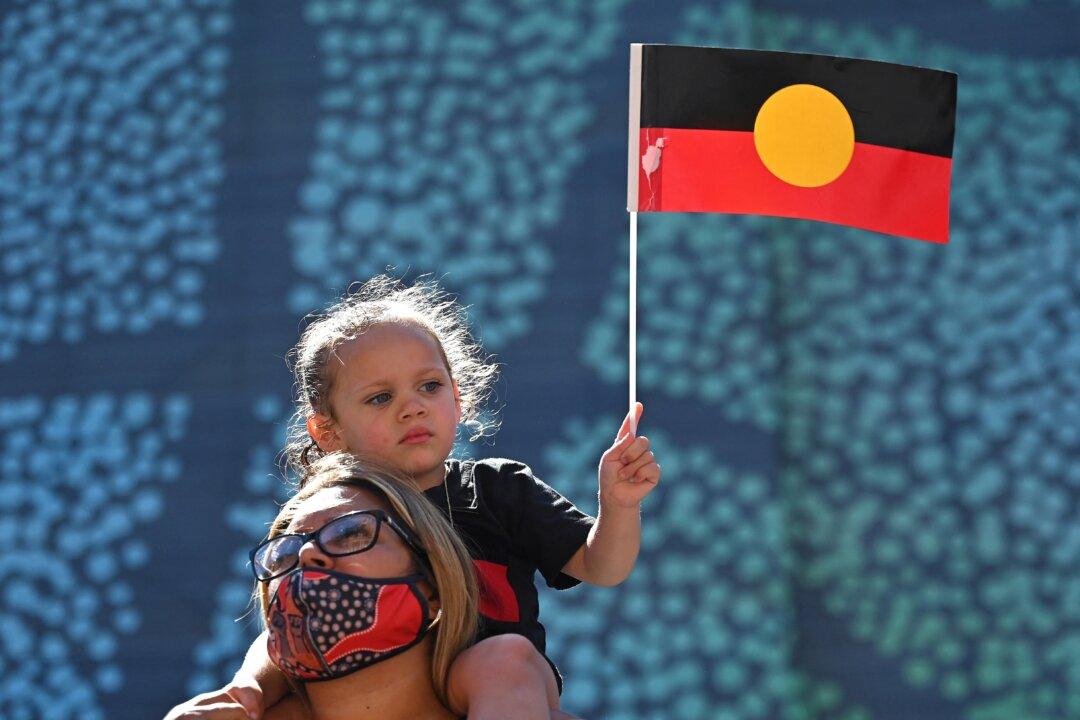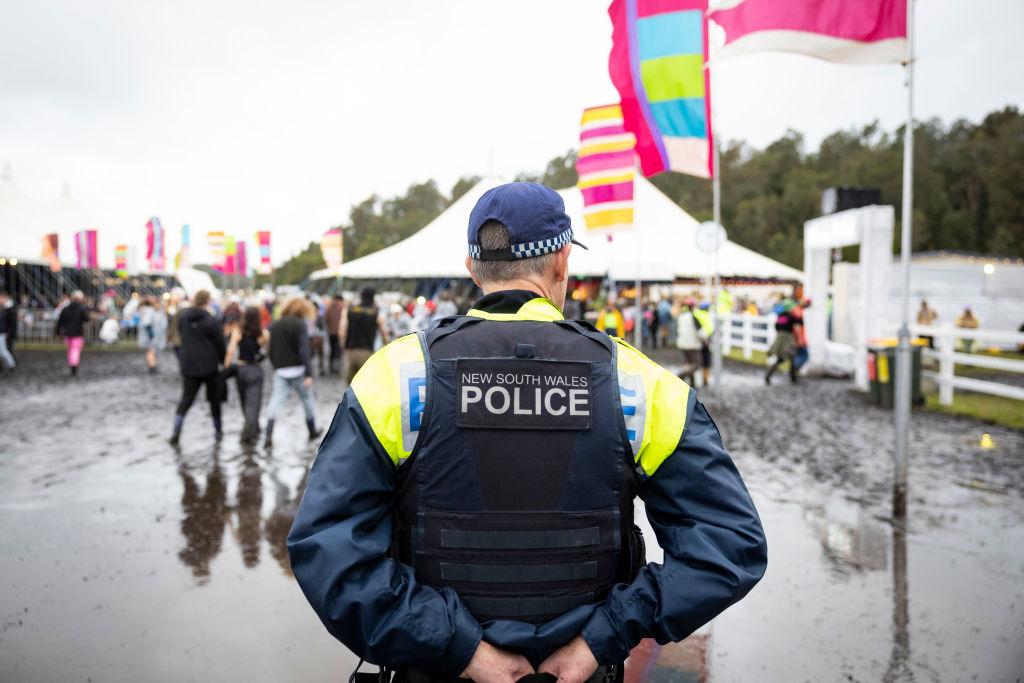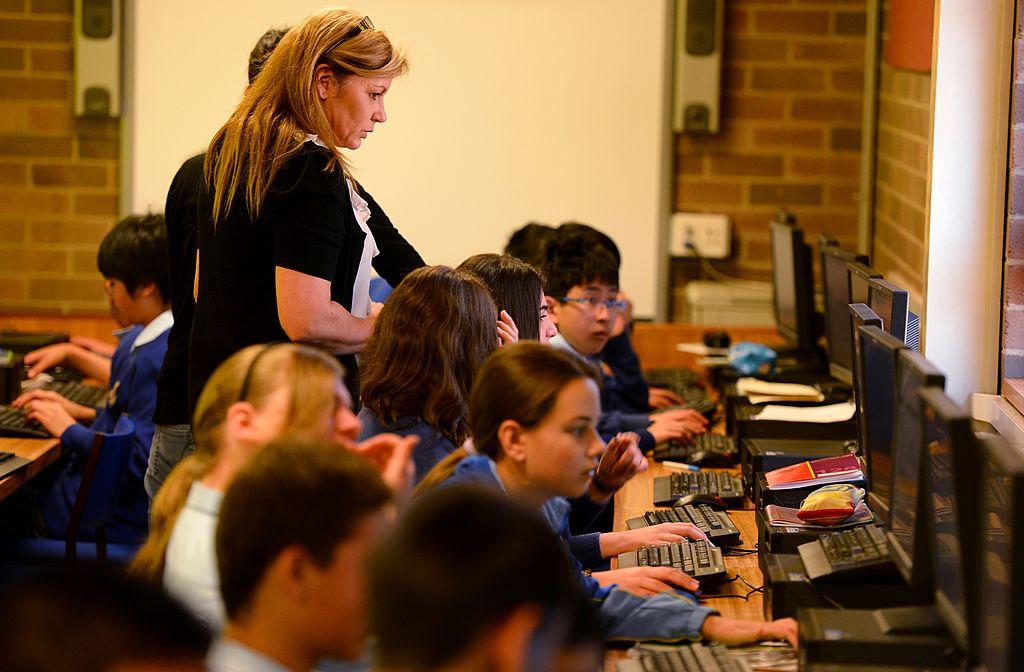The Albanese government has announced $14 million (USD $9.2 million) in funding for primary schools to teach Aboriginal and Torres Strait Islander languages in classrooms starting from 2024.
Expressions of interest are open for the First Nations Languages Education Program, created in partnership with the peak body First Languages Australia (FLA).





